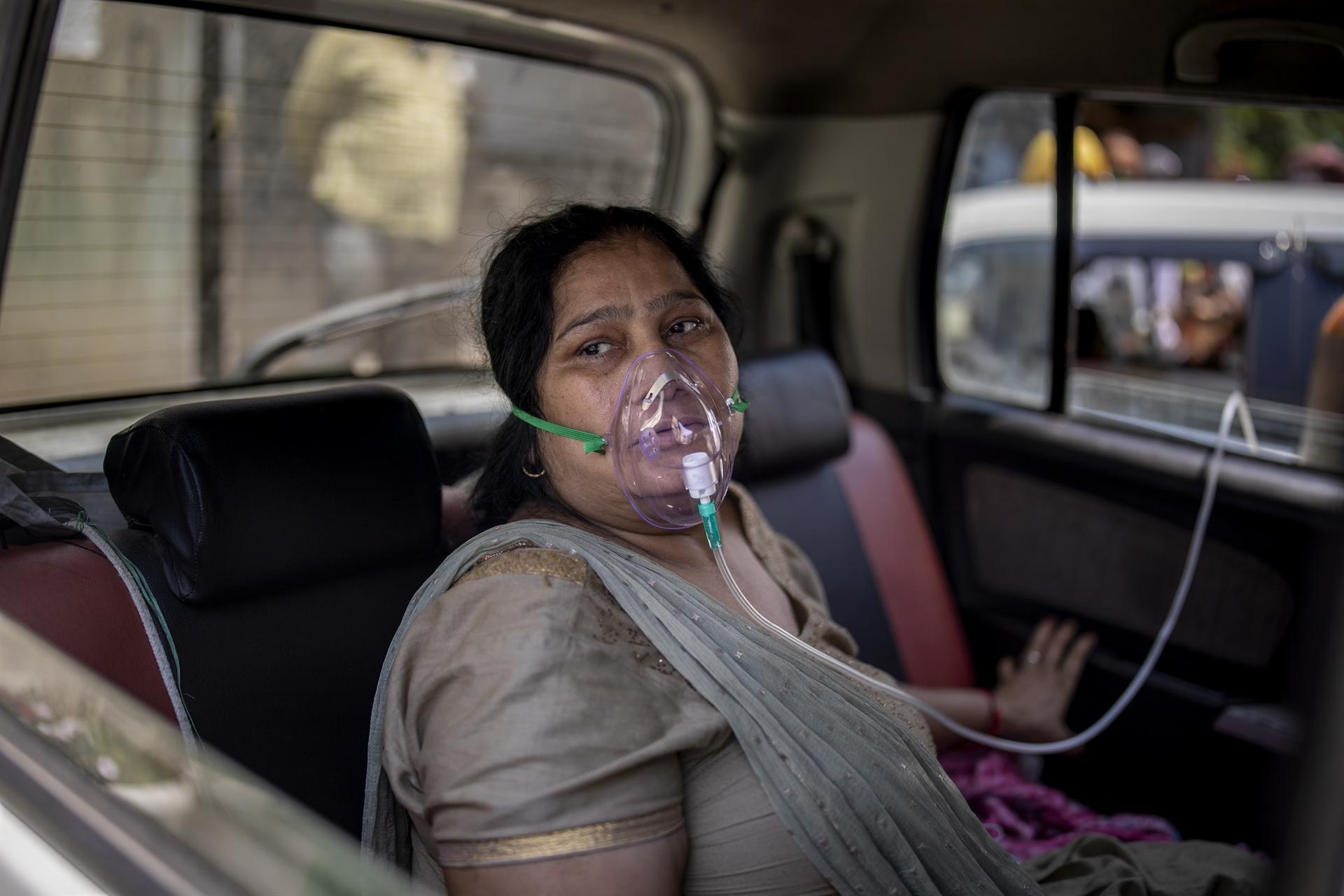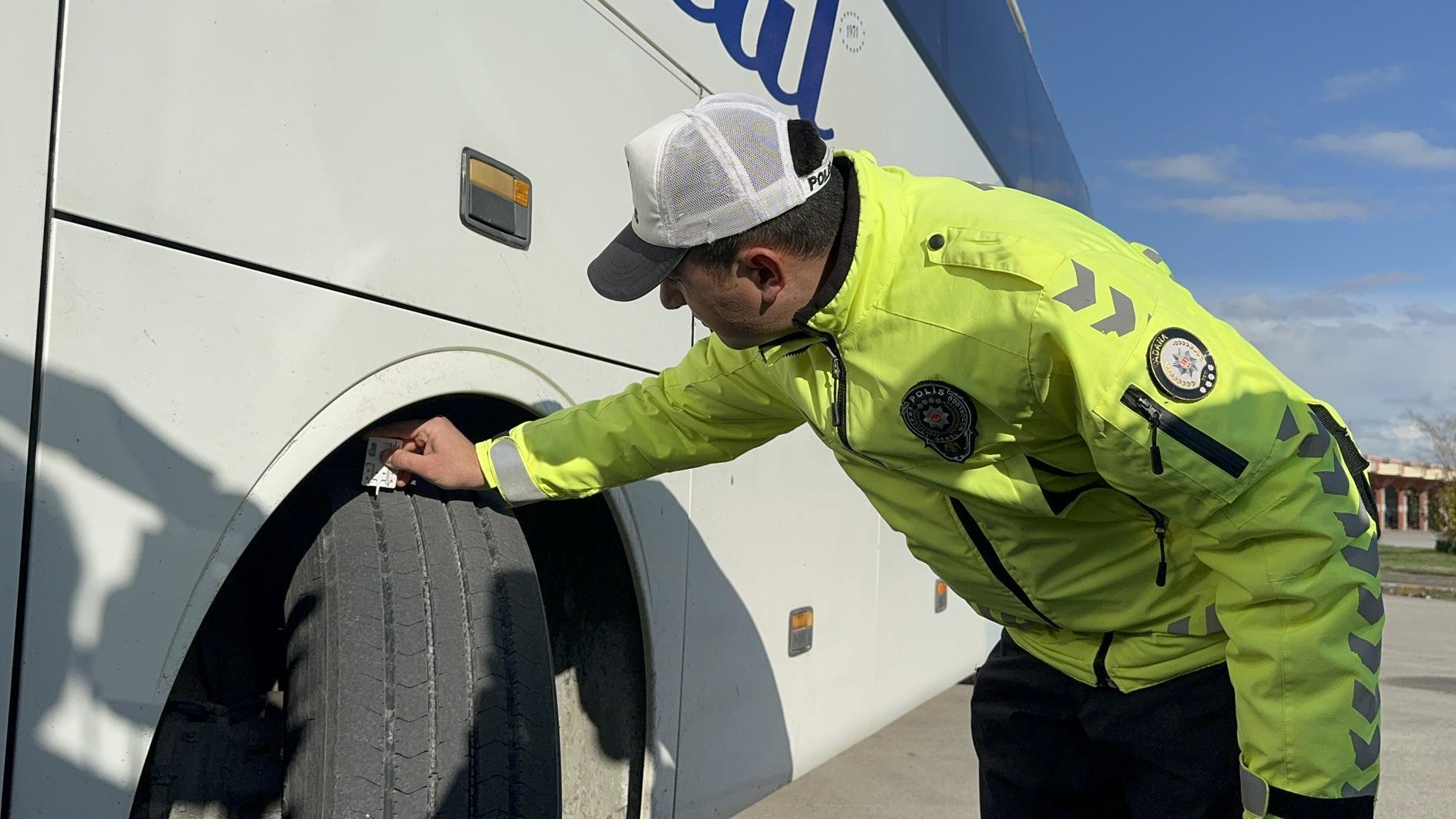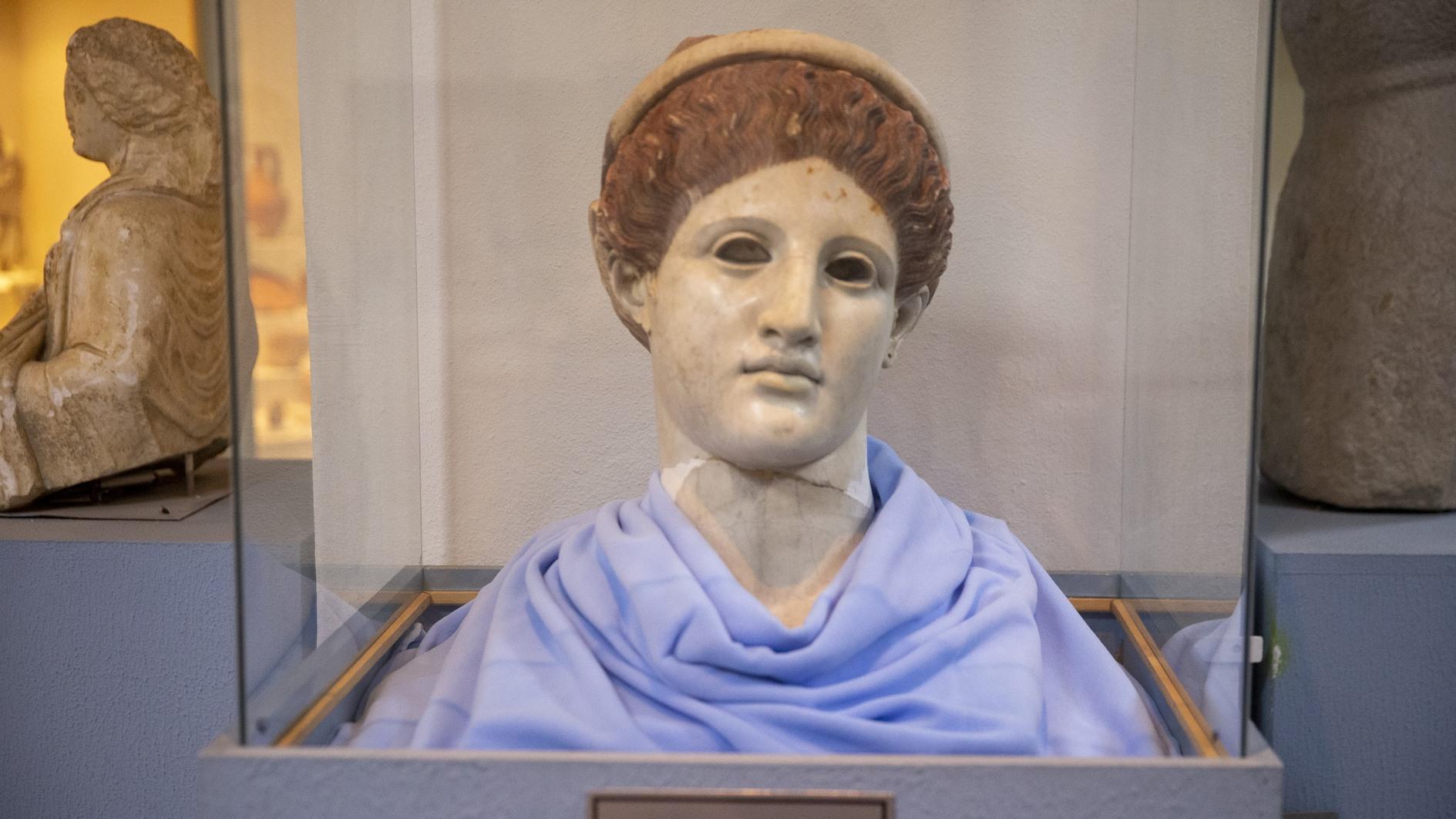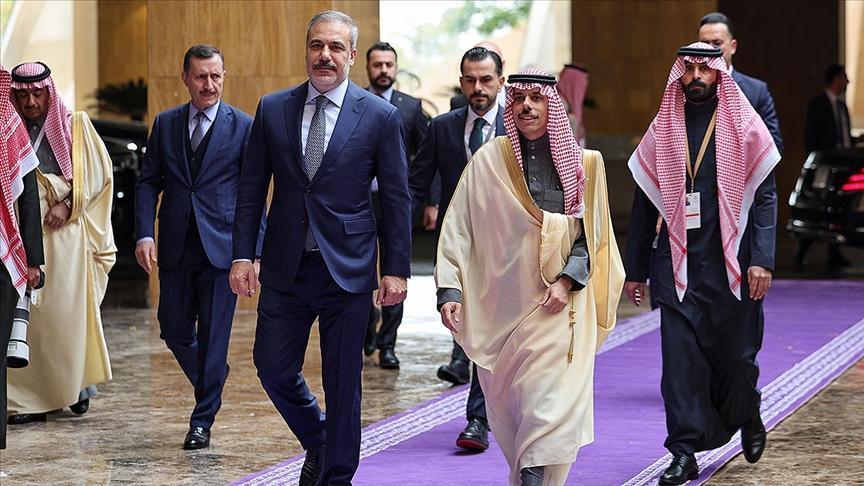India COVID death toll passes 200,000, Biden hails 'stunning' US progress
NEW DELHI-Agence France-Presse

India’s coronavirus death toll crossed 200,000 on April 28 as a relentless wave of new cases swamped hospitals, while U.S. President Joe Biden hailed America’s "stunning" progress in its fight against the pandemic.
Infection and death rates are soaring in the vast country of 1.3 billion, in contrast with the United States and some European nations taking tentative steps back towards normal life.
The virus has now killed more than 3.1 million people worldwide, with India driving the latest surge, recording 360,000 new infections - a global record - and over 3,000 deaths on April 28.
In the capital of New Delhi, carparks have been converted to crematoriums and the soaring bodycount has sparked a shortage of wood for funeral pyres.
Desperate relatives of the sick are also crowding outside hospitals and pharmacies in search of treatment or medicines, often in vain, with the nation’s health system overwhelmed.
Arriving in cars, rickshaws and ambulances, patients and their family members desperate for oxygen flocked to a tent outside a Sikh place of worship on the outskirts of the capital this week.
Priyanka Mandal, 30, had been searching for oxygen for her mother since she became sick a week ago.
"Medicines are also not available... I’ve visited five, six big medical stores," she told AFP.
"No matter how much time it takes, I have to wait here... I only have my mum."
Despite the rising cases, around 25,000 people took part in the final auspicious bathing day at the Kumbh Mela religious festival in the northern town of Haridwar on April 27.
The festival on the banks of the Ganges has attracted millions of pilgrims, mostly without masks, sparking criticism of Prime Minister Narendra Modi’s Hindu-nationalist government for allowing it to go ahead.
A variant of COVID-19 feared to be contributing to the catastrophic wave in India has now been found in over a dozen countries, World Health Organization said on April 27.
Many nations have rushed to help India, sending desperately needed oxygen and other supplies.
As part of the global aid effort, Singapore said Wednesday it had sent two plane-loads of oxygen supplies.
India also appears to be a leading contender for some of the millions of AstraZeneca vaccine doses the United States has said it will export.
Despite the crisis worsening in India and other parts of Asia, the Asian Development Bank on April 28 raised its growth forecast for developing countries in the region.
China and India are expected to lead the rebound across the vast continent, the lender said, but cautioned that vaccine rollouts were lagging.
By the end of March, developing Asia had administered 5.2 doses per 100 people, it said - trailing the global average of about eight doses per 100.
In the United States, Biden hailed America’s "stunning" progress against the virus, as the country’s premier health agency said Americans who had been vaccinated would no longer need to wear masks outdoors.
"While we still have a long way to go in this fight, a lot of work to do in May and June to get us to July 4, we’ve made stunning progress," Biden said, referencing Independence Day as a milestone date in the fight against the virus.
In Brazil, the Senate opened an inquiry into whether Jair Bolsonaro’s government committed criminal negligence or corruption in its handling of the pandemic, as the death toll surged to nearly 400,000 and a scramble for vaccines continued.
Bolsonaro has brazenly defied expert advice on the pandemic at virtually every turn, attacking lockdowns, shunning masks, resisting vaccines and touting drugs such as hydroxychloroquine that researchers say are ineffective against the virus.
In Spain, scientists welcomed the results from an indoor trial concert held last month that showed only six people out of 5,000 revellers had tested positive for the coronavirus.
Ahead of the show, everyone underwent mass screening and antigen tests, the crowd wore masks and capacity at bathrooms was limited, but there was no assigned seating or mandatory social distancing.
"There is no sign that suggests transmission took place during the event," Josep Maria Llibre, an infectious diseases expert."
"We can say that it was not a super-spreading event,"
















